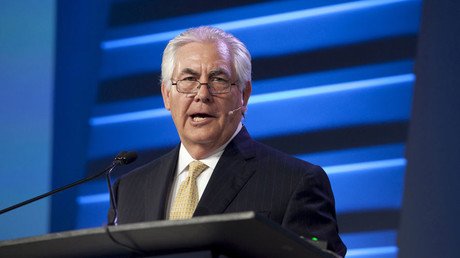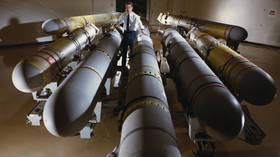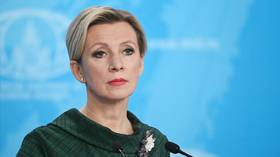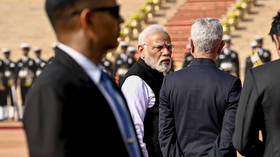US needs to move Russia from constant adversary to partner at times – Tillerson
Washington should move from viewing Russia as a permanent adversary to a partner at times, Rex Tillerson, nominated to head the State Department under President-elect Donald Trump, said during a hearing of the US Senate Committee on Foreign Relations.
“Russia more than anything wants to establish its role in the global world order,” said Tillerson. “Russia is here, and Russia matters, and they are a force to be dealt with,” he added.
The nominee for State Department head also advocated a deterrent “stick” when asked about sanctions on Russia.
“In carrying out the State Department’s diplomacy we need a strong deterrent in our hand…it is useful to have a stick in your hand, whether you use it or not it is useful to have.”
Tillerson noted that while in his view Russia “poses a danger,” Washington still needs an "open and frank dialogue" with Moscow.
In particular, the former ExxonMobil CEO referred to "thwarting radical Islam" by "defeating ISIS [Islamic State/IS]."
Regarding Russian foreign policy, Tillerson noted that Moscow is still “not unpredictable in advancing its own interests.”
"While Russia seeks respect and relevance on the global stage, its recent activities have disregarded American interests,” he claimed.
According to Tillerson, Washington needs to maintain sanctions against Moscow until the new administration develops a further approach to Russia.
"I would leave things in the status quo so we are able to convey this can go either way," he said.
When asked if Russia had a legal claim to Crimea, Tillerson said “no.”
“It caught me by surprise…as did the coming over the eastern border of Ukraine, the absence of a very firm, forceful response was judged by Russia as a weak response,” he said.
“My experience with the Russians, they are very calculating, they are very strategic in their thinking and they develop a plan,” said Tillerson. The ex-CEO added that Moscow is “judging responses” of other states and “based on the responses they make the next steps.”
He stressed that the systems of Washington and Moscow “are starkly different,” although again noted that “dialogue is critical.”













